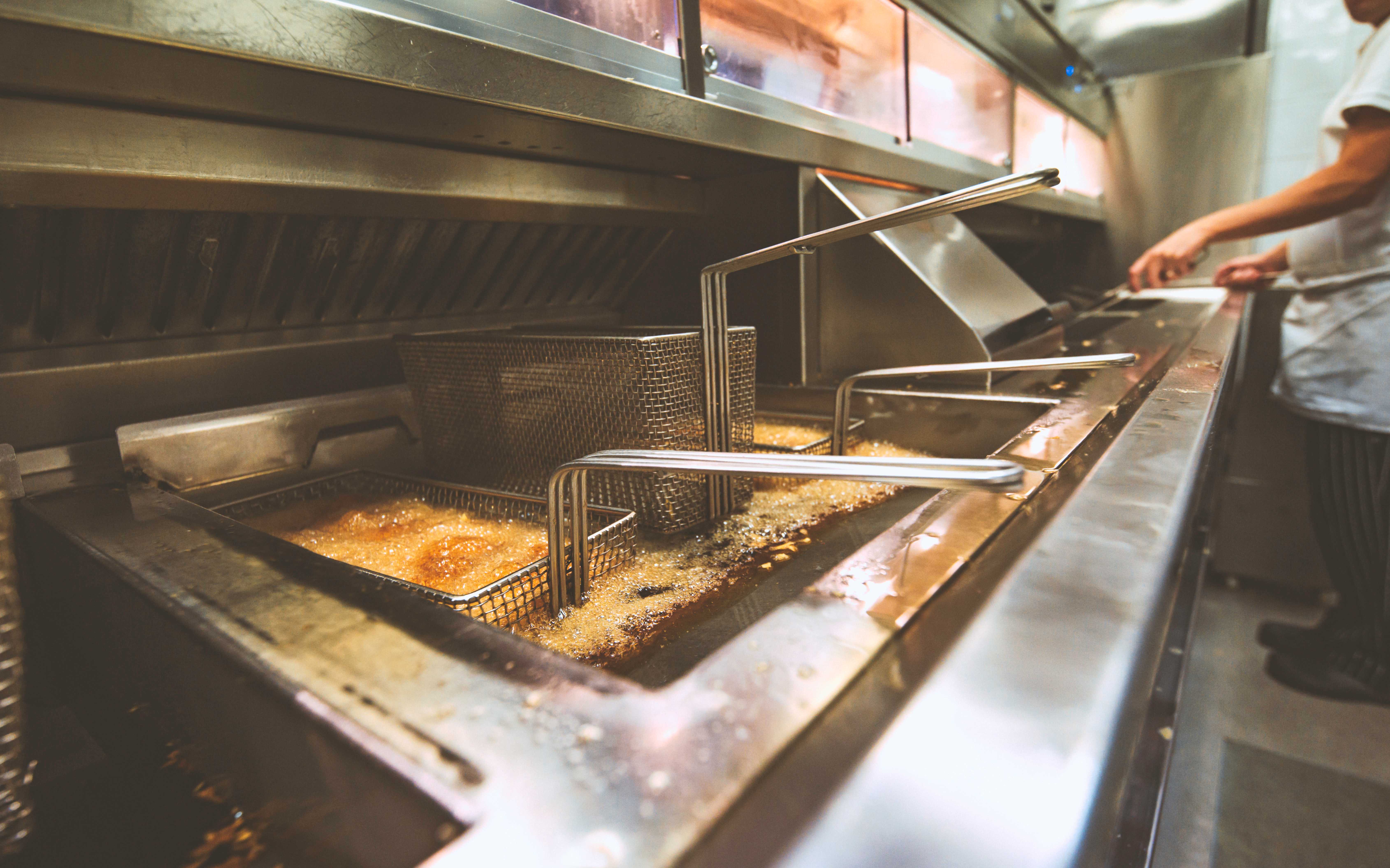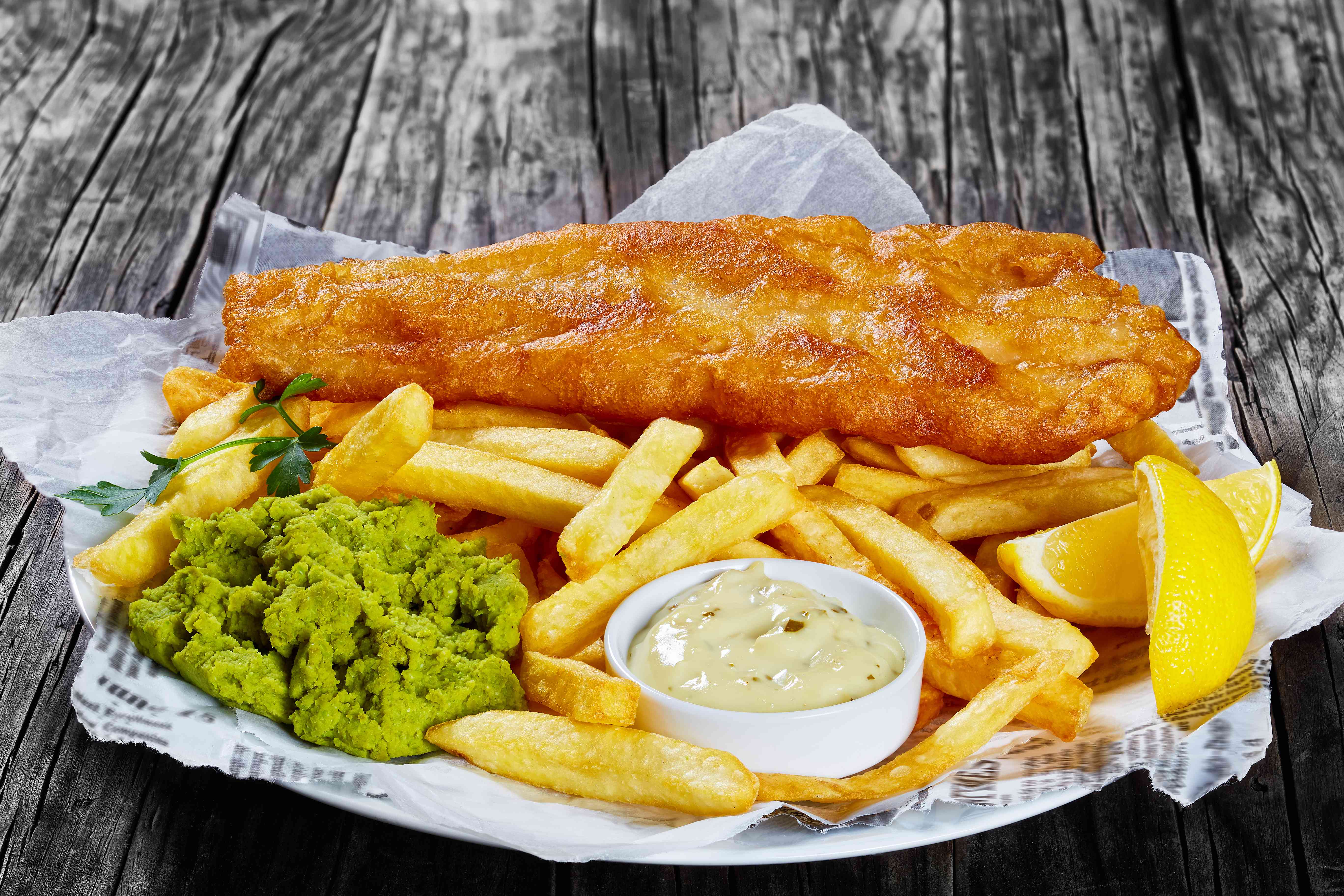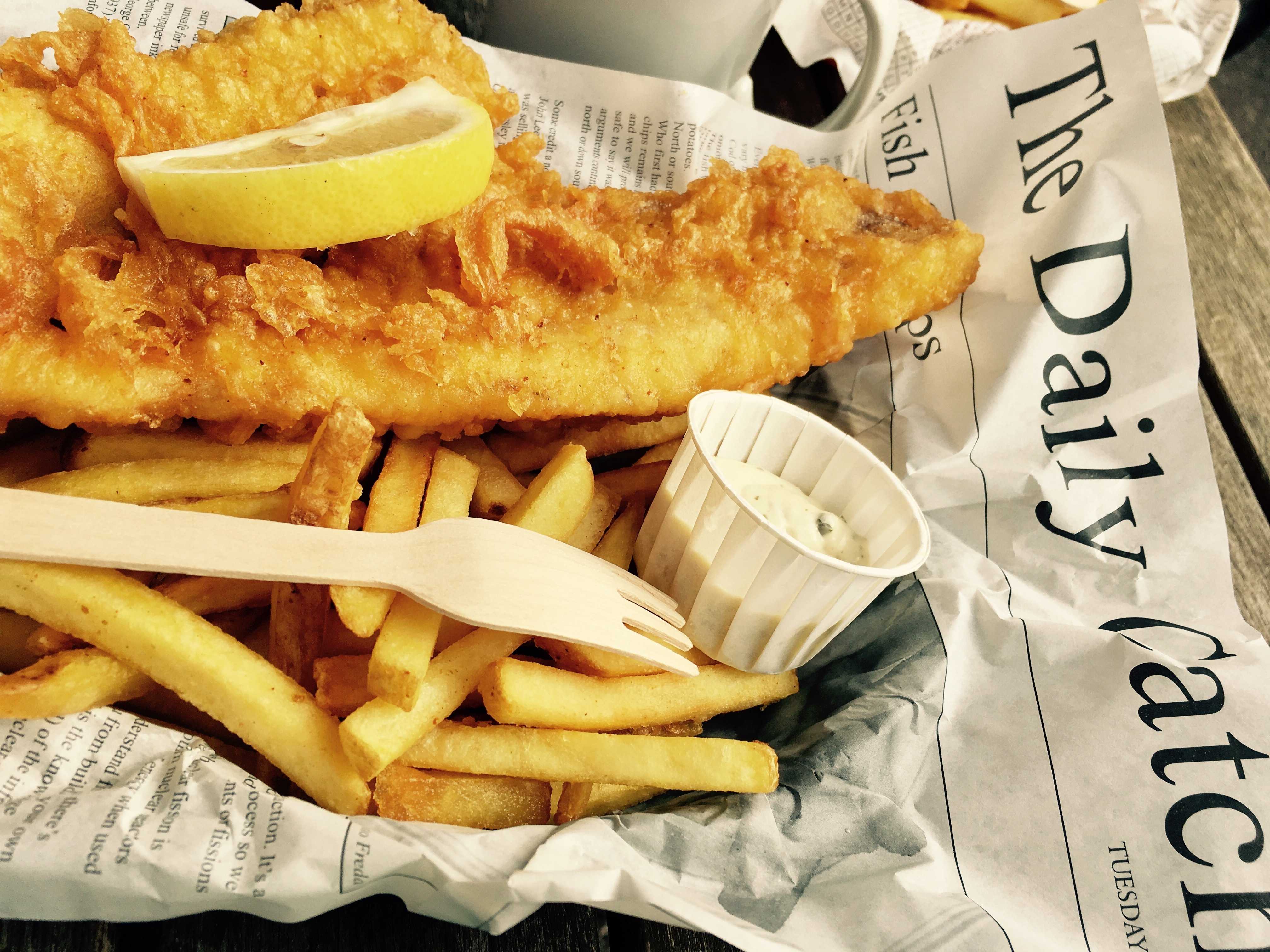In recent years, palm oil consumption has soared globally, with over 73.229 million metric tons being consumed in 2019/2020, up from 59.378 million metric tons in 2015, making it the most popular oil worldwide. Growing palms for this purpose accounts for 10% of global farmland, with environmentally-sensitive rainforests and wildlife habitats being cleared at an alarming rate. It’s the leading cause of deforestation in Malaysia and may destroy 98% of the rainforest by 2022, and the entire rainforest of the country by 2032 if it continues at current rates.
The problem is that palm oil is so useful and so versatile. It spreads well, handles high cooking temperatures well, can be used in frying, baking, cosmetics, personal care products, and detergents. So, what is the answer?
This is why the Roundtable on Sustainable Palm Oil (RSPO) was founded. This not-for-profit organisation brings together stakeholders from all industries using, affected or concerned by palm oil to set the standards for ethical, responsible, and sustainable palm oil use.
What does the RSPO mean by ‘sustainable’ palm oil?
Sustainability is much more than a buzzword. In recent years, it has become a key value of consumers and industries worldwide who want to find ways to consume, develop, and innovate without harming ecosystems and communities. The RSPO is working to achieve this agenda by ensuring that key stakeholders buy into their standards and meet sustainability requirements in their policies to prevent deforestation, peat development, and exploitation at each level of the supply chain, from the farmer through to the end consumer. This allows businesses to pursue profits, communities to thrive, and economies to grow even while preserving and protecting essential biodiversity.
What does it mean for food manufacturers?
For food manufacturers, this is a great opportunity to do the right thing for the earth, for the communities that produce palm oil, and for our customers. It’s challenging to achieve RSPO certification, but that’s what makes it so important. At Frymax, we are fully committed to our no peat, no deforestation and no exploitation of local people (NDPE) policy, and passionate about finding new ways to introduce meaningful sustainability measures into our business.
With the input of social and environmental groups as well as industry manufacturers, producers, and suppliers, the roundtable works together to find solutions in line with their key principles of sustainability. This means that to be RSPO certified, a food manufacturer must adhere to strict principles of:
- Transparency
- Compliance with laws and regulations
- Long-term economic and financial viability
- Use of appropriate best practices
- Environmental responsibility and conservation
- Responsible and fair treatment of workers, growers and communities
- Responsible reforestation practices
- Commitment to continuous improvement in sustainability measures
For consumers, this is a great source of peace of mind. When you know a product or organisation is RSPO certified, you know that you’re buying a sustainable product that doesn’t contribute towards social or environmental damage.
Do RSPO members use certified sustainable palm oil (CSPO)?
Today, the RSPO has over 4,000 members. To remain a member, the organisation must use certified sustainable, RSPO palm oil and meet the accreditation criteria, which have to be independently verified by RSPO accredited certification bodies on a regular basis.
How does RSPO certification work?
For food manufacturers, the process of RSPO certification includes every stage of the palm oil process from the plantation through to the end product, and they must meet strict standards and regulations in line with RSPO sustainability standards. This means that
we have an independently verified and RSPO-approved system to administrate every palm oil-based purchase and sale production process. Today, 18.2 metric tons of certified sustainable palm oil was sold on the market – just 19% of the total.
What are the different types of Certified Sustainable Palm Oil?
There are three main types of CSPO, including:
- Identity preserved CSPO – Single-origin palm oil from a certified source.
- Segregated CSPO – Multiple origin palm oil from certified sources.
- Mass balance CSPO – CSPO that is sourced from a mill that produces other types of vegetable oil and may contain traces of non-certified oil.
Where can I find sustainable palm oil products?
Frymax is proud to offer a 100% RSPO certified sustainable palm oil product, helping to give restaurants, chippies and takeaways a healthy and ethical product that doesn’t harm the environment or communities. You can identify other sustainable palm oil products like soaps, cosmetics, baked goods, and detergents by the distinctive green and orange RSPO “Palm Trace” label.
What if a company says its palm oil is RSPO certified?
If an organisation says it is RSPO certified by you are unsure about them, you can follow up on the RSPO website. For example, here’s the RSPO membership for Olenex Holdings, the parent company of Frymax.
Looking for CSPO? We can help your business – and the planet
In 2013, Frymax achieved RSPO certification, offering trans fat-free, fully segregated certified sustainable palm oil to our clients. In fact, our palm oil is 100% traceable back to the plantations where it was grown. With superior quality single-sourced RSPO palm oil, we’re committed to helping you create a more sustainable, ethical and healthier world.
If you’re looking for a stable frying oil that will cook your food in minutes, choose Frymax. Our sustainable, premium-grade palm oil is relied on by chippies across the country to serve up high-quality fried foods. If you’d like to learn more, get in contact with Frymax.






